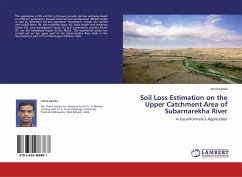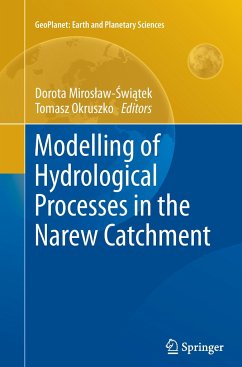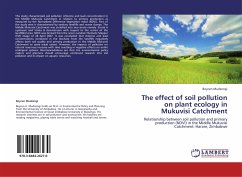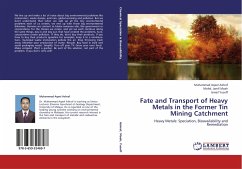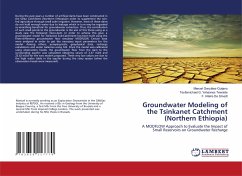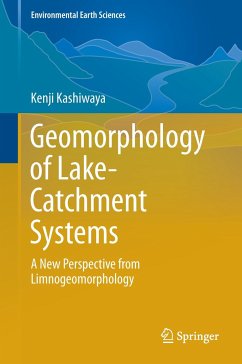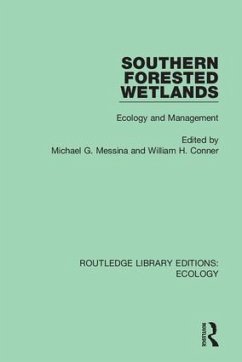
Biogeochemistry of the II.A group elements in a forested catchment
Biogeochemical cycles of the II.A group elements in a catchment covered with mixed forest in the central Czech Republic
Versandkostenfrei!
Versandfertig in 6-10 Tagen
32,99 €
inkl. MwSt.

PAYBACK Punkte
16 °P sammeln!
Acid deposition and air pollution are the most disturbing impacts on forest ecosystems in the Northern Hemisphere. These phenomena are causing significant impacts in the natural cycle of elements, which may lead to their accumulation in one compartment of the environmental system but also to depletion in another compartment. These accumulations and deficits may then negatively affect the health and productivity of forest ecosystems. The major objective of this dissertation is to compare field behavior and distribution of II.A group elements under this anthropogenic impact. The elements of the ...
Acid deposition and air pollution are the most disturbing impacts on forest ecosystems in the Northern Hemisphere. These phenomena are causing significant impacts in the natural cycle of elements, which may lead to their accumulation in one compartment of the environmental system but also to depletion in another compartment. These accumulations and deficits may then negatively affect the health and productivity of forest ecosystems. The major objective of this dissertation is to compare field behavior and distribution of II.A group elements under this anthropogenic impact. The elements of the II.A group include important nutrients (Ca, Mg), essential elements (Sr) and also toxic elements (Be, Ba). The chemical properties and abundance of calcium and magnesium have caused them to become not only important nutritional elements, but also important acid buffering substances. This study treats all five of these elements in context and as a group. The study of anthropogenic effects on II.A group elements was performed by means of a small catchment study at a strongly impacted part of Europe, in the central Czech Republic.




